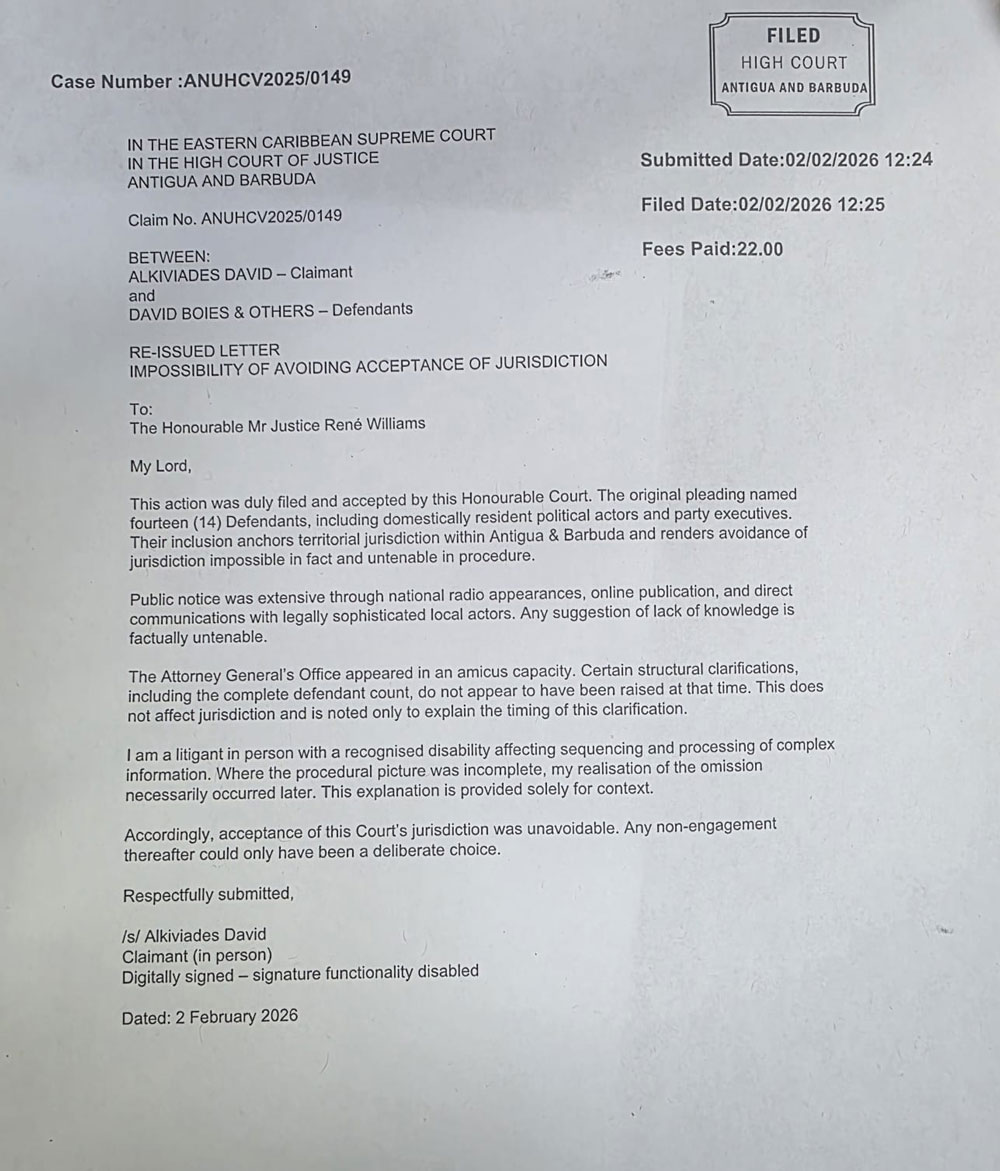Deputies in the Italian parliament have voted unanimously to introduce the crime of femicide – the murder of a woman, motivated by gender – as a distinct law to be punished with a life sentence.
In a symbolic move, the bill was approved on the day dedicated to the elimination of violence against women worldwide.
The idea of a law on femicide had been discussed in Italy before but the murder of Giulia Cecchettin by her ex-boyfriend was a tragedy that shocked the country into action.
In late November 2023, the 22-year-old was stabbed to death by Filippo Turetta, who then wrapped her body in bags and dumped it by a lakeside.
The killing was headline news until he was caught, but it was the powerful response of Giulia's sister, Elena, that has endured. The murderer was not a monster, she said, but the healthy son of a deeply patriarchal society. They were words that brought crowds out across Italy demanding change.
Two years on, MPs have voted for a law on femicide after a long and passionately debated session of parliament. It makes Italy one of very few places to categorize femicide as a distinct crime.
Introduced by Prime Minister Giorgia Meloni, the law was backed by her hard-right government as well as opposition MPs. Many wore red ribbons or red jackets to remember the victims of violence.
From now on, Italy will record every murder of a woman that is motivated by her gender as femicide. "Femicides will be classified, they will be studied in their real context, they will exist," Judge Paola di Nicola, one of the authors of the new law, said of its significance.
There is no agreed worldwide definition of femicide, which makes it hard to count and compare statistics. The Italian law will apply to murders which are an act of hatred, discrimination, domination, control, or subjugation of a woman as a woman, or that occur when she breaks off a relationship or to limit her individual freedoms.
The latest police data in Italy shows a slight fall in the number of women killed last year to 116, with 106 said to be motivated by gender. In future, such cases would be recorded separately and trigger an automatic life sentence, meant as a deterrent.
Critics argue that while the law is a step forward, government efforts must significantly broaden to tackle systemic gender inequality, which remains prevalent in Italy.
Italy currently ranks 85th in the Global Gender Gap Index, indicating the pressing need for comprehensive measures that extend beyond the legal system to promote gender equality and protect women.


















